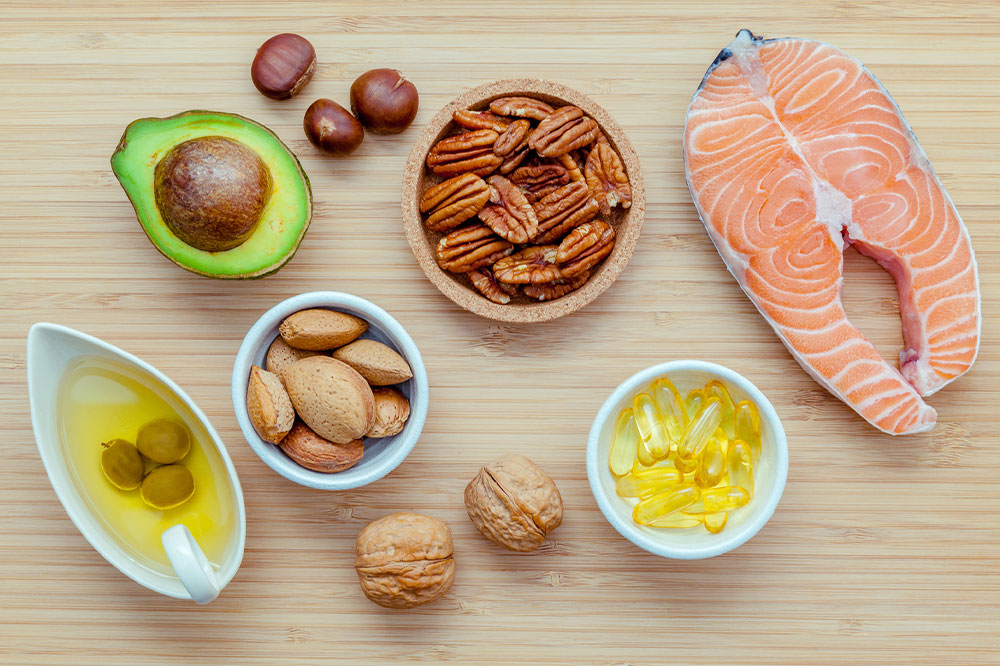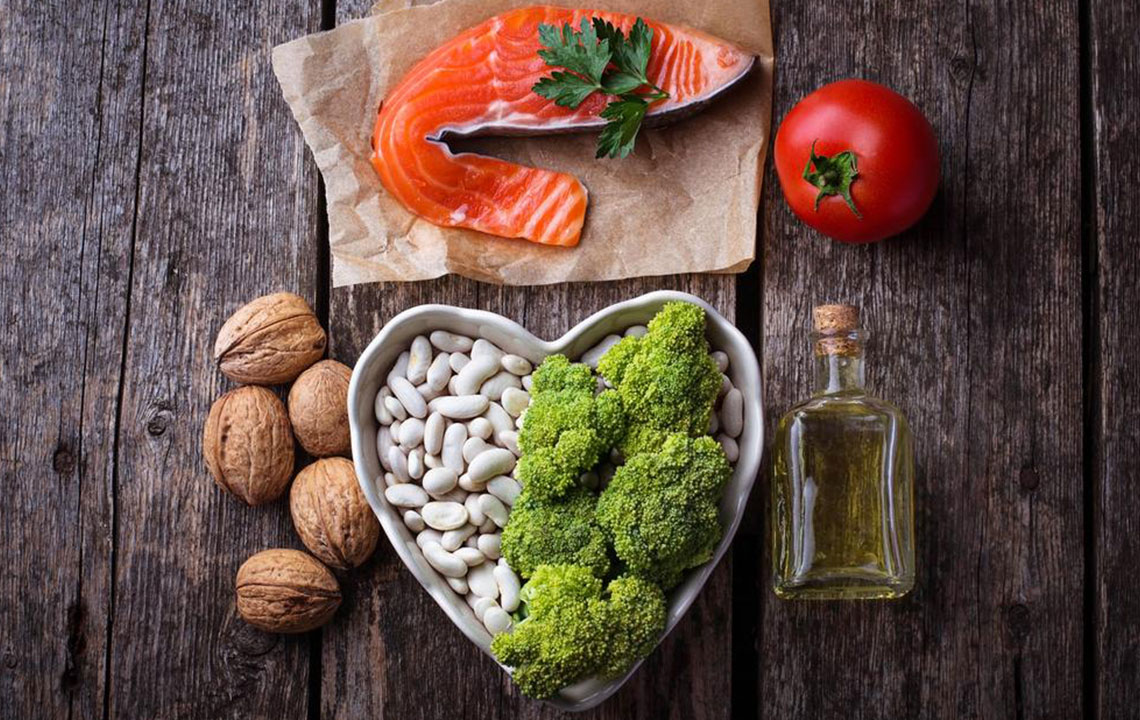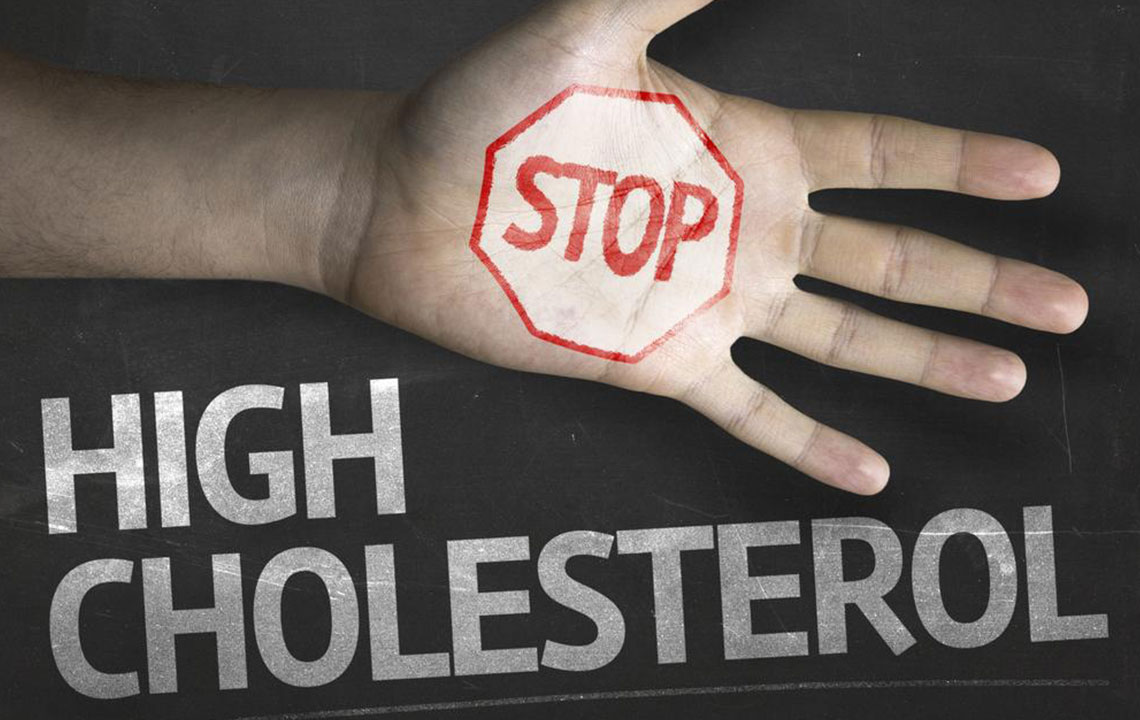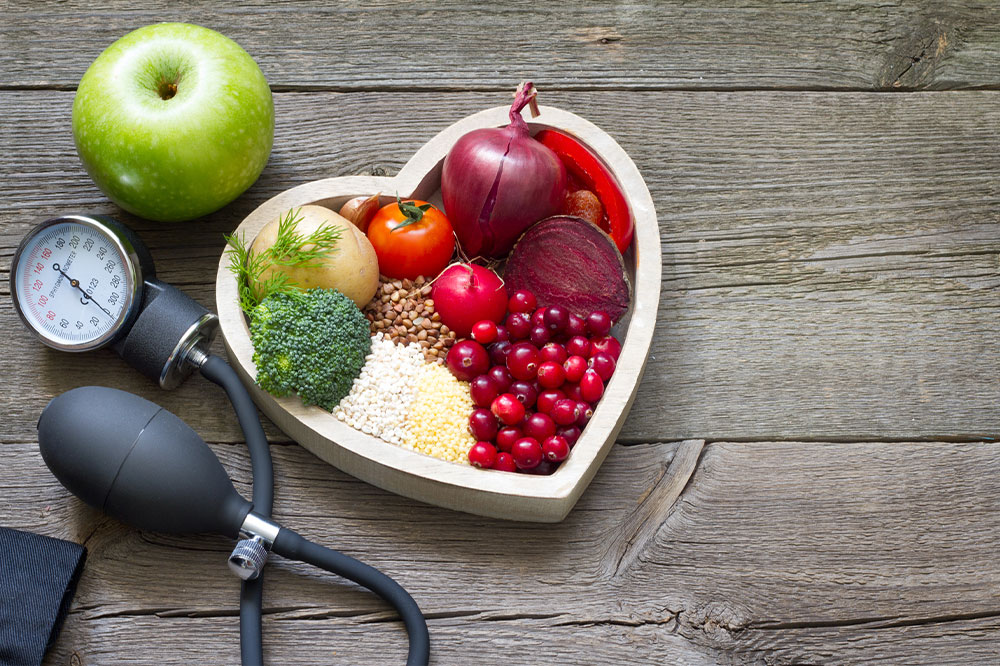Top Natural Strategies to Lower Cholesterol Levels
Discover practical natural methods to lower cholesterol through diet and lifestyle changes. From increasing fiber and healthy fats to exercising regularly and cooking smarter, these strategies support heart health and reduce cardiovascular risks naturally. Incorporate plant-based foods, monitor weight, and avoid processed fats for optimal results.
Sponsored

Cholesterol, a waxy substance produced naturally by the body, is essential for creating healthy cell membranes. However, excessive blood cholesterol can lead to artery blockages and increase the risk of heart disease. While medications can help manage cholesterol, simple lifestyle and dietary adjustments can also make a significant difference. Here are some effective natural methods to lower cholesterol levels.
Avoid Hydrogenated Fats
Hydrogenated and trans fats are artificially processed fats that add texture to many processed foods like baked goods and spreads. These fats raise bad cholesterol (LDL) and lower good cholesterol (HDL), increasing cardiovascular risk. Check food labels carefully and reduce consumption of fried foods, pastries, and margarines to promote heart health.
Increase Soluble Fiber Intake
Adding soluble fiber to your diet helps manage cholesterol. Found mainly in plant-based foods, soluble fiber binds to cholesterol in the digestive system, helping to eliminate it. Consuming foods rich in fiber like oats, beans, and fruits can lower LDL levels without affecting HDL. Fiber also enhances the effectiveness of cholesterol medications, providing additional support.
Choose Monounsaturated Fats
Replacing saturated fats with monounsaturated fats can boost HDL (good cholesterol) and reduce LDL (bad cholesterol). Foods high in monounsaturated fats include olive oil, nuts, avocados, and olives. These fats also combat oxidative stress related to cholesterol buildup, promoting overall cardiovascular health.
Maintain Healthy Body Weight
Achieving and maintaining a healthy weight reduces cholesterol levels naturally. Excess weight is associated with higher LDL and triglycerides, and lower HDL. Incorporating balanced diet and physical activity can aid in weight management, thus improving cholesterol profiles. Always consult a healthcare provider before undertaking significant weight loss plans.
Incorporate Plant Sterols and Stanols
Plant sterols and stanols naturally occur in certain plant foods and act as cholesterol blockers by competing with dietary cholesterol during absorption. They can be consumed through supplements or fortified foods like spreads and cereals. Incorporating these into your diet can significantly lower total cholesterol levels when used as part of a balanced nutritional plan.
Eat Foods Rich in Polyunsaturated Fats
Polyunsaturated fats, such as omega-3 and omega-6 fatty acids, help reduce bad cholesterol and lessen heart disease risks. Sources include fatty fish like salmon, mackerel, and sardines, along with walnuts and flaxseeds. Regular intake of these fats supports heart health and metabolic prevention measures.
Engage in Regular Physical Activity
Exercise is crucial for maintaining healthy cholesterol levels. Even moderate activities like brisk walking, cycling, or jogging enhance cardiovascular function, control weight, and increase HDL. Consistent movement contributes to overall heart health and improves lipid profiles over time.
Add Movement Throughout Your Day
Not everyone can dedicate hours to structured workouts. Incorporate more physical activity into daily routines—use stairs instead of lifts, walk during breaks, stretch at your desk, or take short strolls with your pet. These small, consistent efforts help keep cholesterol under control without needing extra time for exercise.
Refine How You Cook Your Meals
Healthy cooking methods maximize the benefits of cholesterol-lowering foods. Opt for baking, steaming, grilling, or boiling instead of frying. These techniques retain nutrients while reducing unhealthy fat intake, contributing to better lipid levels and overall heart health.
Embrace Plant-Based Diets
Vegetarian diets are rich in fiber, soluble fats, and low in saturated fats. Incorporating vegetables like spinach, cauliflower, eggplant, and okra can effectively lower bad cholesterol. They offer variety and flavor, making plant-based eating both enjoyable and heart-friendly.






